Master of Orion recently had its conference debut at this year’s E3. The press had a chance to see the game in action, watching a hands-off demo of the 4X action, which we covered in last week’s blog. We thought it would be a great idea to sit down with Master of Orion’s Project Director, Chris Keeling, to ask him a few questions about the upcoming game and what players can expect.
How do you balance the core audience of Master of Orion with those new to the genre? What do you do to make the game accessible to both sets of players?
That’s a tough tightrope to walk, and it’s one we’re especially concerned about. Our first focus is the core 4X gamer—we want to be true to the essence of the original game, which is why we brought in some developers of the original series and asked them what they would do now if they had access to modern technology, more resources, and over 20 years of experience in 4X games. Within the game itself, we have focused on keeping the core numbers and balance (for economy, growth, research, etc.), while improving the pacing, rhythm, and flow of the game. We’ve also greatly simplified the interface, so that the same kind of 4X engine runs under the hood, but it’s a lot easier to drive this model. This makes for shorter, more satisfying turns with more meaningful decisions.
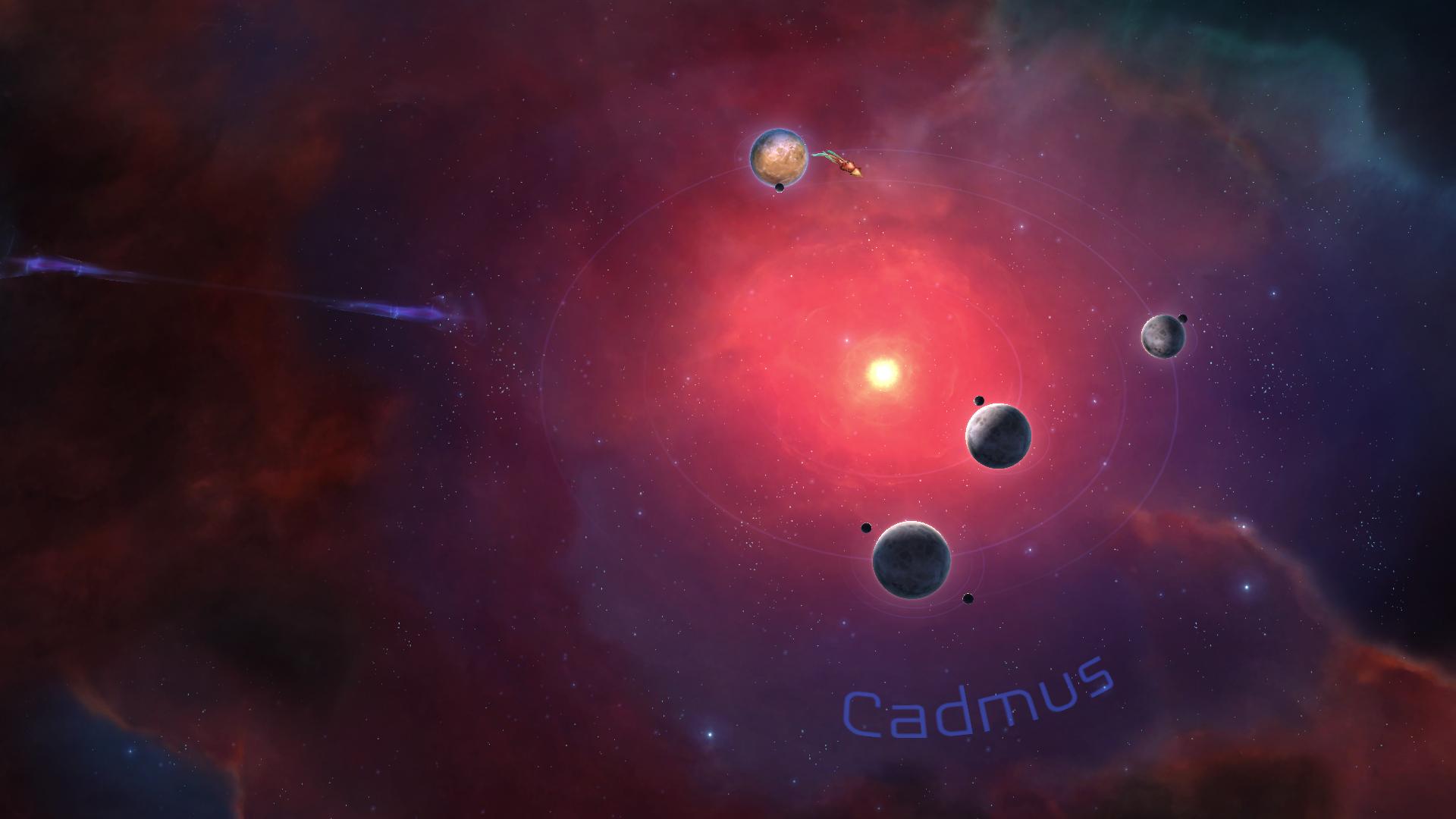
What lessons have you learned from remaking Master of Orion?
You can’t please everyone, every time. Sure, that’s a basic lesson of making games, but when you’re balancing a very particular hardcore audience against the growth of the game among the modern gaming audience, you have to let some things go and favor others. Also, even those fairly disparate groups have a lot of varying opinions, so we pretty much had to go with our gut on this game, as we are both old school hardcore 4X gamers ourselves and gamers who play a lot of more modern games.
This is quite a step away from the F2P genre that Wargaming is known for. What would you say to people who wonder if Wargaming is able to create a game in another genre? What does this say about the future diversity of Wargaming and its titles?
Well before we were making F2P vehicle shooting games, we made a lot of turn-based and real-time strategy games like Order of War, Massive Assault, and even made a pitch to bring to Atari to create a new Master of Orion game over 10 years ago. While we are more famous for our 20th century vehicle combat games, our first passion was strategy games, and we’re happy to be able to work on them again.
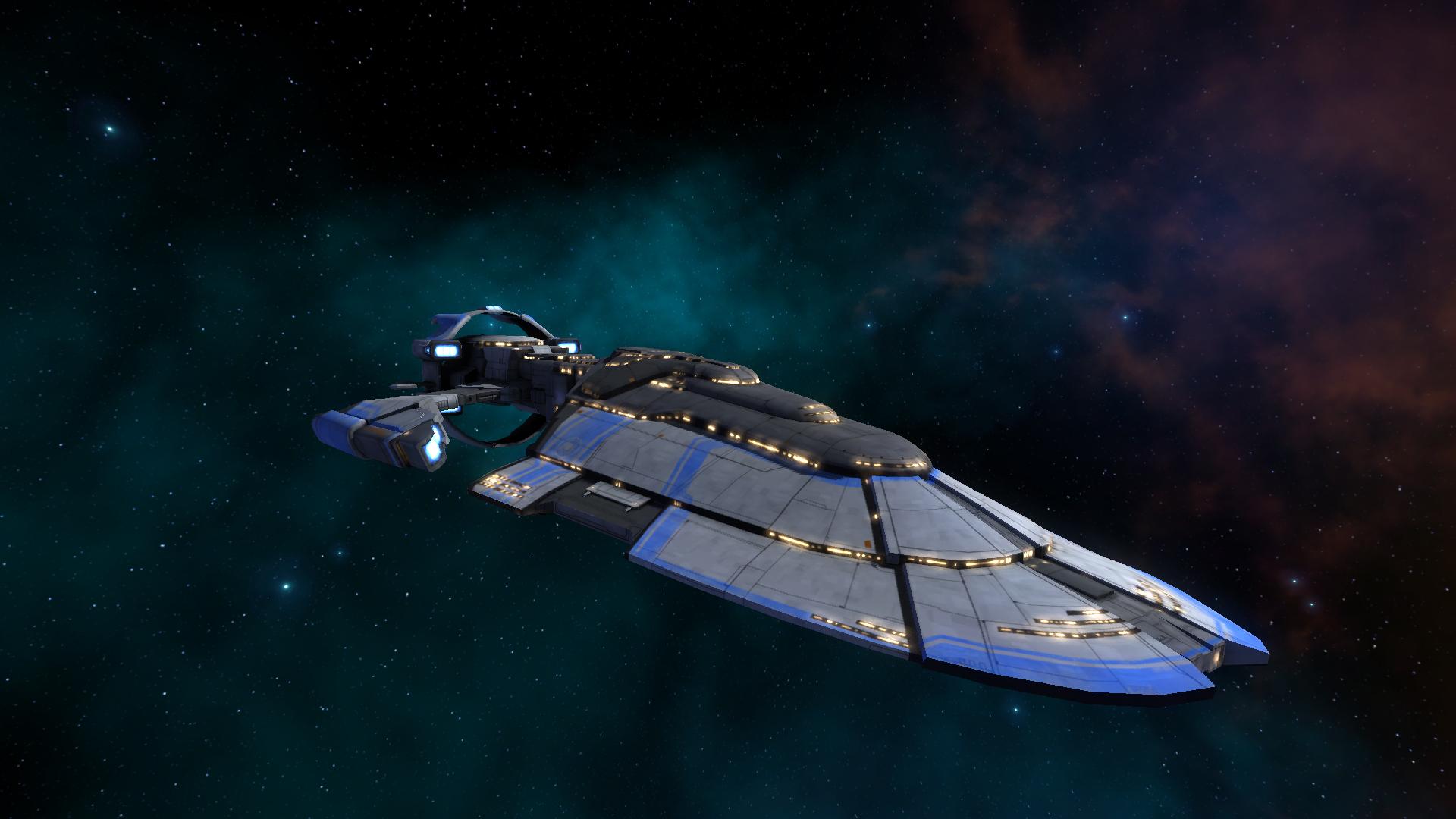
What will set Master of Orion apart from other 4X games on the market?
Aside from being the first true sequel to the original game for which the term 4X itself was coined, we’ve addressed some of the issues common to 4X games, such as confusing spreadsheet-laden interfaces, irrelevant overdetailing (making the emperor directly manage every fighter pilot, ship welder, and statistician in the galaxy), and huge gaps in gameplay where nothing happens for dozens of turns.
What have you done to bring Master of Orion up to date with modern gaming? It’s been over 20 years since the original game’s release.
There have been a lot of 4X games on the market since the original Master of Orion came out in 1993, and we’ve played them all. While other 4X space games tend to try to clone the original wholesale, we’re trying to both pay homage to the core gameplay and breathe new life into the genre so that new players will also enjoy the game. This means taking the “best in class” mechanics and merging them with the story and culture of the Master of Orion series. Again, part of how we did this involved some of the original team to help us keep the game’s spirit alive in our new game.
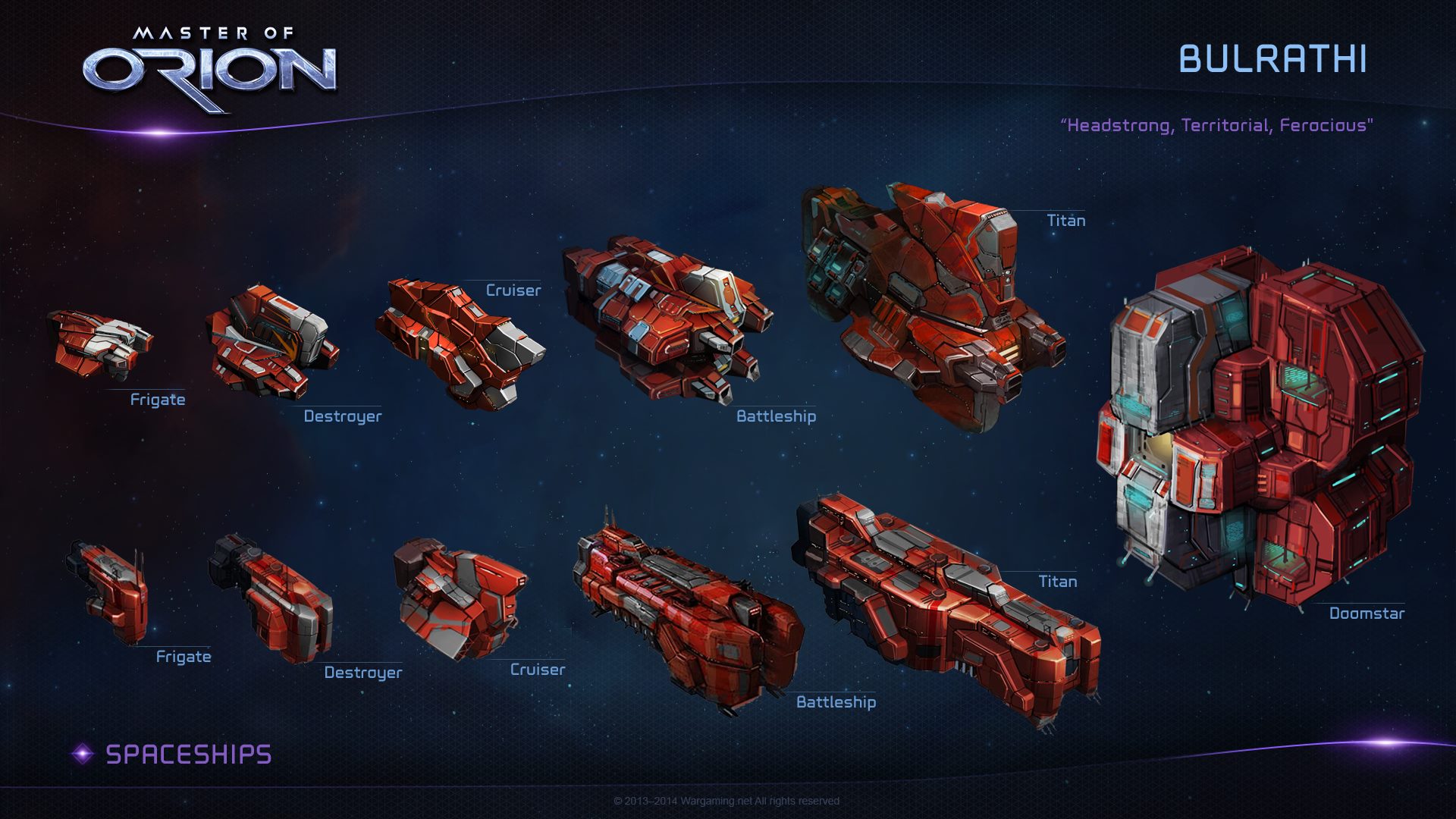
Has the desire to keep Master of Orion close to its roots stopped you from implementing changes you deemed as too far removed from the original?
Absolutely. There are some concepts that just were too different, so we didn’t use them. Each new mechanic or feature was weighted against the original game design and only used if it proved to be more fun, simpler to use, or added some other value to the earlier systems. We ended up using some brand-new ideas, mixed some old ones from the first three Master of Orion games together for more flexibility, and added a couple that had proved very popular in similar games in the current generation.
What was your proudest moment in the making of the new Master of Orion?
We all knew this was going to be a great game—we had the right development team, the right leadership, the right brand, and some of the original crew on board—but nobody except had seen it. We had some feedback from within the company, but no true outside exposure. We got that at E3, and it was spectacular! The media came in hungry to know more, salivated over our demos, and praised us with their award nominations. Even the hardcore 4X doubters came away with huge smiles on their faces. And that was reward enough for us!
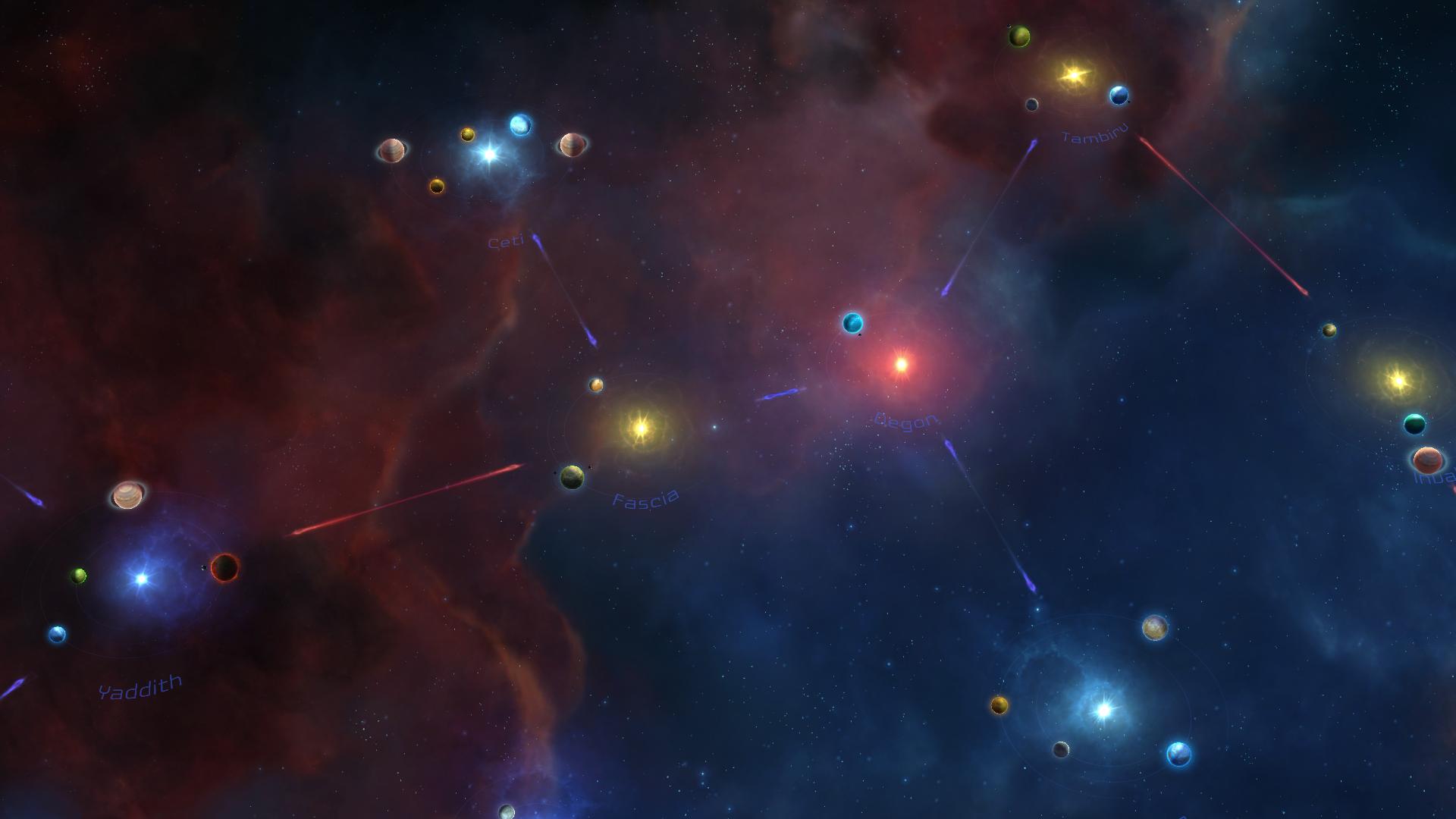
We know that there are the 10 original races in the game, can we expect any newer additions now or in the future?
Why not? Aside from the 10 core races, there were three more races added in Master of Orion 2 and nine more in Master of Orion 3. We could easily expand this game with these new races and additional gameplay features after launch, if we decide to.
Is there any gameplay mechanic that you believed had to be removed from the Master of Orion remake? Something that would impact gameplay negatively or just not work with gameplay as it is now?
There were a few mechanics that were removed due to resource and time constraints, and the fact that we wanted to keep the game as simple as possible to maintain the core gameplay of exploration and conquest. Once we’ve seen the impact of the game on the market and heard the opinions of the community, we can decide whether we want to add these features back in with a DLC or expansion of some kind.
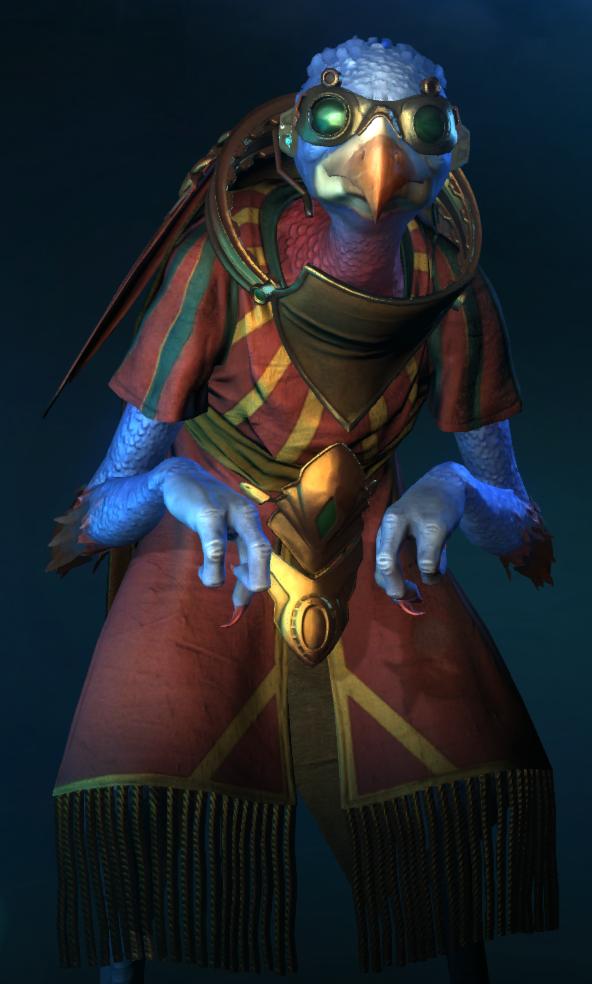
Are there any nods/Easter eggs to the previous games?
Ha! Of course! Aside from every race having its own lines with inside jokes and puns (and references to iconic science-fiction legends), we’ve brought back the snarky GNN newscasters, only this time with animation and AAA voice acting, so now they are even more sarcastic. We’ve kept the original names for star systems, leaders, and so forth—this is a true remake, not a clone that is only a shadow of someone else’s game.
What has it been like collaborating with NGD Studios?
NGD Studios have been excellent partners throughout the process. We have learned a lot from working with them—this is the first time Wargaming has worked with a third-party studio to develop a title, the first time we have managed the external development process, and the first time we have marketed a game that we managed remotely. Every department in Wargaming has helped make this a success, and every department has had to figure out how this process is going to work in the future. NGD Studios have been very understanding of our ever-changing needs and have stayed committed to making the best game possible.
How long have you been working on the game?
As soon as we acquired the Master of Orion brand from Atari in the summer of 2013, I ran out and got a new copy of all three original Master of Orion games. I knew there was no way we would sit on this for long, and I wanted to be ready. Sure enough, within three months we were working with NGD Studios to create a demo, and within six months we had a green light to develop it. I had worked on that from the Wargaming side since the beginning so I’ve continued to manage the project ever since, for over a year and a half now.